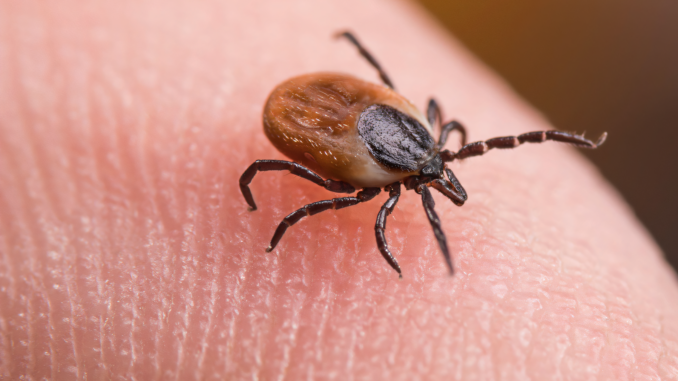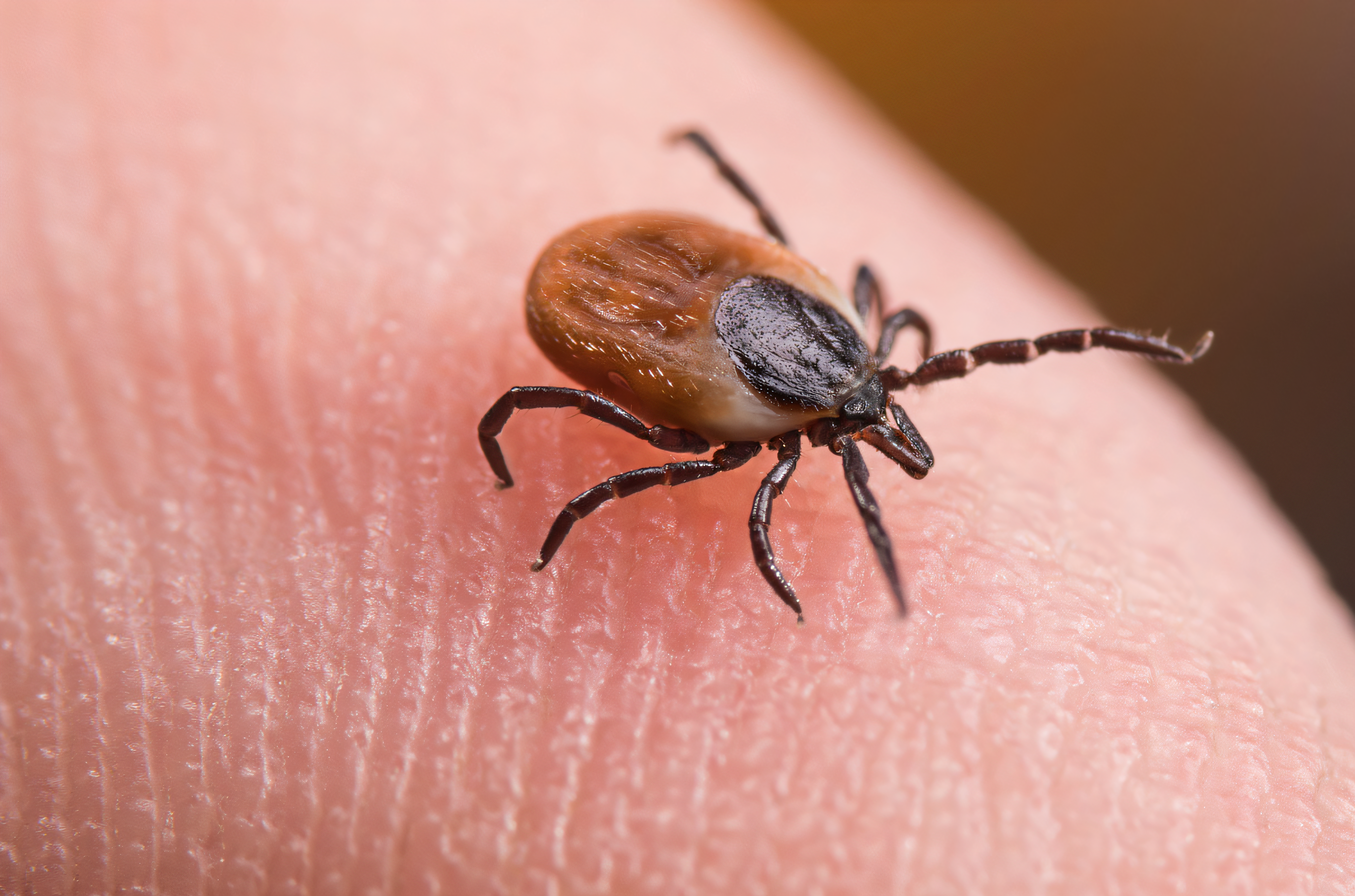
Tiny Terrorists: How Ticks Affect Your Pet’s Health in Zimbabwe
Ticks affect your pet’s health. Have you got a problem of ticks on dogs? Call 0772593344 for affordable and reliable tick control solutions
The warm, humid climate of Zimbabwe provides the perfect breeding ground for a variety of pests, including ticks. While these tiny creatures may seem harmless, they pose a significant threat to the health and well-being of your beloved pets. This blog post delves into the world of ticks in Zimbabwe, exploring their life cycle, the diseases they transmit, and how you can protect your furry friend from these parasitic menaces.
The Tick’s Life Cycle: A Tale of Blood and Eggs
Ticks go through four distinct life stages: egg, larva, nymph, and adult. Each stage requires a blood meal from a host, typically mammals, birds, or even reptiles.
Eggs: Female ticks lay hundreds of tiny, round eggs in the environment, often hidden in leaf litter, tall grass, or under brush.
Larvae: When the eggs hatch, tiny, six-legged larvae emerge, ready to find a host. They attach themselves to animals and feed on blood for several days before dropping off and molting into nymphs.
Nymphs: Nymphs are larger than larvae but still relatively small. They also need a blood meal and can stay attached to a host for several weeks before molting into adults.
Adults: Adult ticks are the largest and most recognizable stage. They can live for months and require a blood meal to reproduce. Females, after mating, drop off the host and lay eggs, completing the cycle.
Tick-Borne Diseases: Silent Threats to Your Pet
The real danger of ticks lies in their ability to transmit various diseases. These diseases can cause a range of symptoms, from mild discomfort to serious health complications, even death. Some of the most common tick-borne diseases in Zimbabwe include:
Ehrlichiosis: Caused by bacteria, this disease can lead to fever, lethargy, lameness, and swelling of lymph nodes.
Anaplasmosis: Similar to Ehrlichiosis, Anaplasmosis also causes fever, lethargy, and loss of appetite.
Babesiosis: This disease affects red blood cells and can cause anemia, lethargy, and jaundice.
Rocky Mountain Spotted Fever: While less common in Zimbabwe, this disease can cause fever, headache, and a characteristic rash.
Lyme Disease: Although not as prevalent in Zimbabwe as in other regions, Lyme disease can still be a concern. It can cause arthritis, neurological problems, and heart complications.
Signs and Symptoms of Tick-Borne Diseases
Recognizing the signs of tick-borne diseases in your pet is crucial for prompt veterinary care. Common symptoms include:
- Feve
- Lethargy
- Loss of appetite
- Weight loss
- Lameness
- Swelling of lymph nodes
- Joint pain
- Coughing
- Vomiting
- Diarrhea
- Seizures
- Difficulty breathing
Preventing Tick Infestations: Keeping Your Pet Safe
Preventing tick infestations and the transmission of diseases is paramount to your pet’s health. Here’s how you can do it:
Profeesional Pest Control – At Pest Portal Zimbabwe, we offer reliable, affordable and professional tick control solutions.
Regular Tick Checks: After walks or outdoor playtime, carefully examine your pet for ticks. Check their ears, between their toes, around their belly, and in their fur.
Tick-Repellent Products: Topical and oral medications, as well as collars, can provide protection against ticks. Consult your veterinarian about the best option for your pet.
Grooming: Regular brushing and bathing can help dislodge ticks and reduce the risk of infestations.
Environmental Control: Keep your yard and garden free of overgrown vegetation and leaf litter, as these areas provide hiding places for ticks.
Avoid High-Risk Areas: Be mindful of areas known for high tick populations, especially during peak tick season.
Vaccinations: Some tick-borne diseases, like Lyme disease, have vaccines available. Speak to your veterinarian about vaccination options for your pet.
Tick Removal: A Step-by-Step Guide
If you discover a tick on your pet, remove it promptly and safely using these steps:
1. Use Tick Remover Tools: Tweezers or tick removal tools are recommended.
2. Grasp the Tick Close to the Skin: Avoid squeezing the tick’s body, which can force more saliva and disease into your pet.
3. Pull Up Steadily and Gently: Pull the tick straight out in a steady, upward motion. Do not twist or jerk.
4. Clean the Area: After removing the tick, clean the affected area with antiseptic.
5. Save the Tick (Optional): Place the removed tick in a sealed container and take it to your veterinarian for identification, especially if your pet develops symptoms of illness.
Seeking Veterinary Care: When to Act
Even with preventative measures, tick infestations can occur. It’s crucial to be aware of your pet’s health and seek veterinary care if they show any signs of illness after a tick bite. Early diagnosis and treatment are essential for maximizing your pet’s chances of a full recovery.
Conclusion
Ticks are a serious threat to pet health in Zimbabwe. Understanding their life cycle, the diseases they transmit, and the preventative measures you can take is crucial for protecting your furry companion. Engaging a professional pest control company, regular tick checks, appropriate tick-repellent products, and prompt veterinary attention can safeguard your pet’s well-being and ensure they enjoy a long and healthy life. Remember, a little prevention goes a long way when it comes to dealing with these tiny terrors.

